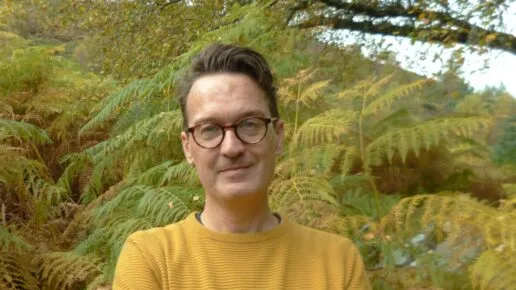Details
Seminar followed by Q&A, drinks and book signing – all welcome
Speaker: David Farrier, Professor of Literature and the Environment
Abstract: For nearly four billion years, life on Earth has found new ways to adapt, reproduce and thrive, taking on new forms to meet the environment of the moment. Human impacts on the planet, and the potentially devastating threat of climate change, have stressed that adaptability as never before. Yet life still finds a way. In the midst of an extinction crisis, many animals, plants and insects are still adapting, even in our rapidly transforming environment. In their example we may just find ways that we too can adapt, ways to stop the destruction we’re causing to the planet. In Nature’s Genius David Farrier explores what nature’s capacity to change can reveal about our own potential to live differently. The ways animals adjust to the urban landscape can help us design sustainable cities. Examining other intelligences can help us remake our economies. Learning from PCB-resistant fish may help solve our waste problem. Synthetic biology could rescue animals from the brink of extinction. Thinking in timescales of the natural world could help us choose a better future.
Biography: David Farrier is Professor of Literature and the Environment at the University of Edinburgh. David’s first book, Footprints: In Search of Future Fossils, looked at the marks we are leaving on the planet and how these might appear in the fossil record in the deep future. It was named by both The Times and Telegraph as a book of the year, earned praise from Robert Macfarlane and Margaret Atwood, and has been translated into ten other languages. He has had pieces published in the Atlantic, BBC Future, Emergence, Prospect, Daily Telegraph, Orion and Washington Post. He has spoken at numerous online events, has given an invited lecture at the Royal Geographical Society, and has appeared on radio and podcasts such as BBC Free Thinking and Little Atoms. Nature’s Genius is his second book and was shortlisted for the Wainwright Prize for Conservation Writing.
The Leverhulme Centre for Nature Recovery and Biodiversity Network are interested in promoting a wide variety of views and opinions on nature recovery from researchers and practitioners.
The views, opinions and positions expressed within this lecture are those of the author alone, they do not purport to reflect the opinions or views of the Leverhulme Centre for Nature Recovery/Biodiversity Network, or its researchers.
